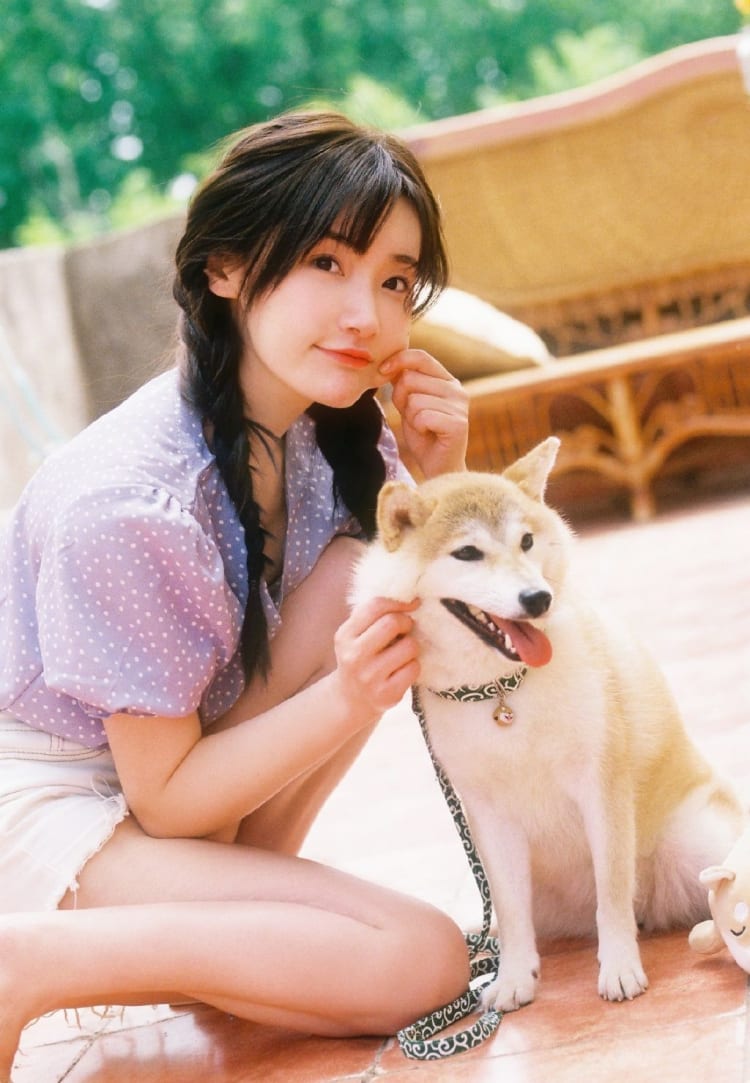Chinese grammar: How to make sentence in Chinese? muTu Note - Learn Chinese in 5 Minutes
Many Chinese learners struggle with word order(词序,cí xù) when they are trying to make sentences(造句,zào jù) in Chinese. Even some advanced students make grammatical mistakes(语法错误,yǔ fǎ cuò wù) from time to time, which is why it is extremely important to help beginners and intermediate students gain a solid understanding of word order in Chinese sentences. This article should help you get a general idea about some of the most basic Chinese sentence structures(句子结构,jù zi jié gòu) concerning word order.
What’s the basic Chinese sentence structure?
If you try to compare the most basic Chinese sentence structure with its equivalence in English, it can be easily seen that both of them follow the structure “subject + verb + object.”
A good example of this structure could be the following sentence:
我学中文 wǒ xué zhōng wén “I’m studying Chinese”
In this simple sentence, “我 (wǒ) = I” serves as the subject, whereas “学 xué, to study” and “中文 zhōng wén, Chinese” represent the verb and the object respectively.
How to add time?
If you would like to add a time-related element to this sentence, such as “I study Chinese in the morning”, the word order of its Chinese version will be a bit different.
Generally speaking, the time-related element like five o’clock(五点钟) or every day(每天) cannot be put at the end of a sentence(句尾,jù wěi), which is what is different compared with an English sentence. It usually goes either before or after the subject, and that means it is allowed to be placed at the beginning of a sentence.
Therefore, there are two ways to say “I study Chinese in the morning”:
我早上学中文 wǒ zǎo shàng xué zhōng wén OR 早上我学中文 zǎo shàng wǒ xué zhōng wén
The word 早上 zǎo shàng “morning,” can either come before or after the subject.
How to add a location?
If you want to specify where you study Chinese, for example, “I study Chinese at school”, the location(地点,dì diǎn) is usually put after the subject, similar to the structure discussed above.
Hence, its equivalence in Chinese should be:
我在学校学中文 wǒ zài xué xiào xué zhōng wén, in which “学校 xué xiào” means school, and it represents the location.
How to add time and location?
Finally, when you would like to include both a time-related element and a location into a sentence, which would be something like “I study Chinese at school in the morning,” one important thing that you need to bear in mind(记住,jì zhù) is that the time-related element always comes before the location, and all the other rules(规则,guī zé) remain the same.
Therefore, the whole sentence in Chinese would be:
我早上在学校学中文 wǒ zǎo shàng zài xué xiào xué zhōng wén OR 早上我在学校学中文 zǎo shàng wǒ zài xué xiào xué zhōng wén
It’s important to familiarize yourself with these structures as they will allow you to have a clearer idea about the logic behind simple Chinese sentences.
Soon enough, you’ll be making progress creating your own sentences if you know these structures by heart.

from WordPress https://ift.tt/32GWBOP
Comments
Post a Comment